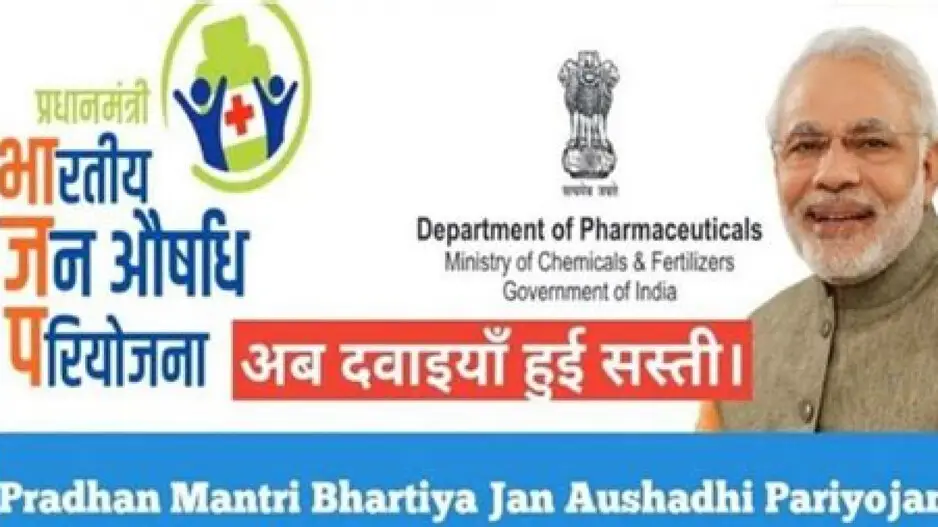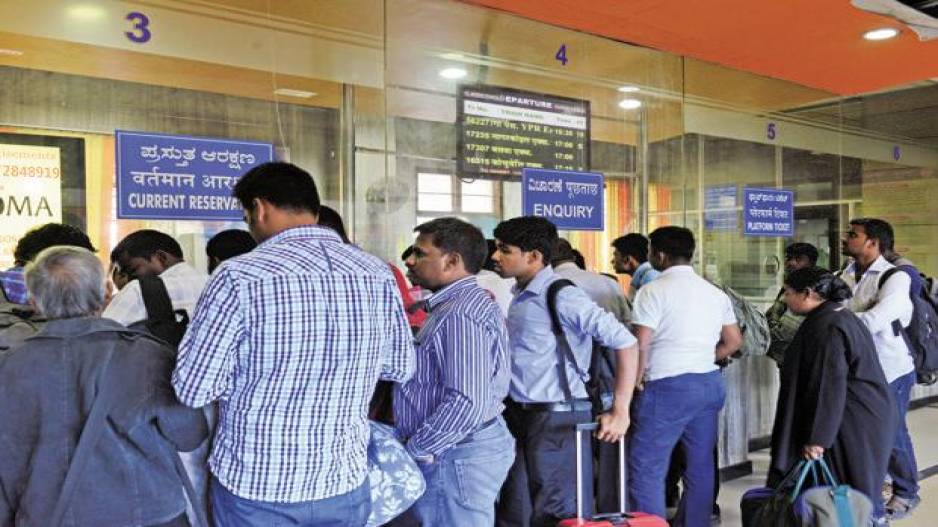/odishatv/media/post_attachments/uploadimage/library/16_9/16_9_0/recent_photo_1729784139.jpg)
PAN, Aadhaar, ration cards don’t serve as proof of citizenship: Know about the original documents
The Indian government has reaffirmed that documents such as Aadhaar, PAN (Permanent Account Number), and ration cards, while vital for many day-to-day functions, do not serve as proof of Indian citizenship.
Birth certificates and domicile certificates are explicitly identified as legitimate proofs of citizenship. The Aadhaar card, issued by the Unique Identification Authority of India (UIDAI), verifies identity and address but not one’s citizenship status. Similarly, a PAN card is crucial for financial transactions and tax purposes, whereas ration cards indicate entitlement to subsidised food grains. However, neither confirms citizenship.
Under the Registration of Births and Deaths Act of 1969, birth certificates serve as verifiable evidence of birth on Indian soil, thereby establishing citizenship. Domicile certificates substantiate an individual's residency in a particular state or union territory, further supporting claims of citizenship.
Implications for Citizens
This government clarification emphasises the necessity for those without a birth or domicile certificate—who instead rely on other identity documents—to secure correct paperwork. Obtaining these certificates is especially significant for those seeking government jobs, passports, or engaging in legal affairs that necessitate citizenship verification.
Maintaining updated birth and domicile records is advisable for Indian citizens. When these documents are missing, individuals are encouraged to contact their local municipal or state offices to procure them, thus avoiding potential legal issues related to citizenship verification.
Best tourist destinations like Kashmir in this state to visit this summer

Jan Aushadhi Yojana: Objective, types of medicines to future plans, know details

No need of cancellation, Indian Railways allows changing name and date in tickets; check steps

Train in India that is totally free for passengers, no ticket needed

/odishatv/media/agency_attachments/2025/07/18/2025-07-18t114635091z-640x480-otv-eng-sukant-rout-1-2025-07-18-17-16-35.png)

/odishatv/media/media_files/2025/09/22/advertise-with-us-2025-09-22-12-54-26.jpeg)
